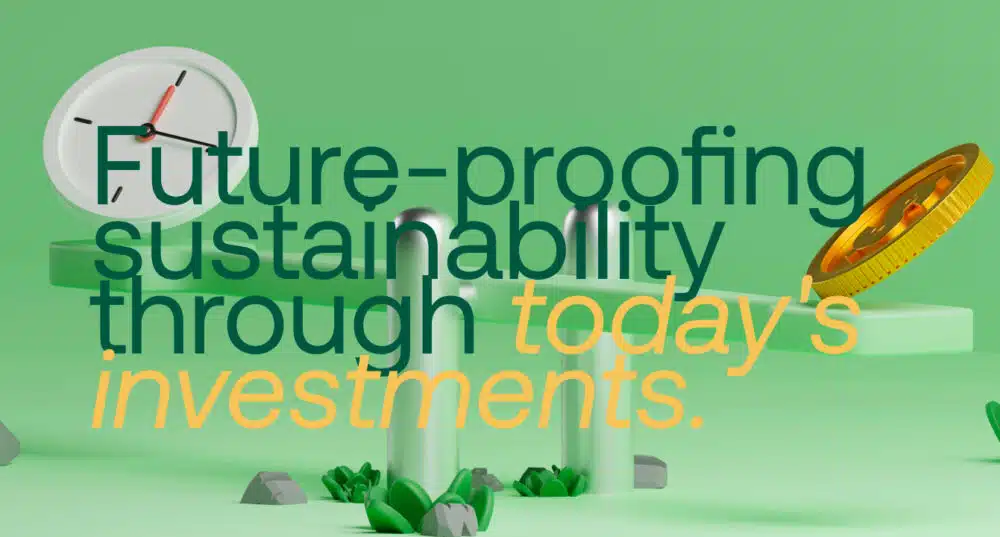

Those investing in soil today are laying the groundwork for tomorrow’s sustainable agriculture. The World Agri-Tech summits emphasized that healthy soils are not just essential for agriculture but central to achieving broader environmental goals. Discussions highlighted how soil health plays a pivotal role in carbon sequestration, biodiversity, and water management, making it indispensable for both sustainability and profitability in farming.
The EU Soil Strategy for 2030 and the Carbon Removal Certification Framework (CRCF) were central to conversations at the London summit. These initiatives are part of Europe’s Green Deal and aim to improve soil health, enhance carbon sequestration, and promote sustainable farming practices. The CRCF, in particular, focuses on certifying carbon removals and providing incentives for farmers to adopt regenerative agriculture practices like no-till farming, cover cropping, and crop rotations, which store carbon in the soil and improve ecosystem resilience.
The EU’s strategy also aligns with its goal of climate neutrality by 2050, encouraging widespread adoption of sustainable soil management practices. Alongside these efforts, the European Commission promotes carbon farming as a viable business model, incentivizing farmers to earn through carbon credits while enhancing soil fertility and water retention capabilities.
Traditional soil management practices—such as cover cropping and crop rotation—remain foundational to carbon sequestration, as they naturally improve soil health while capturing carbon. Building on these techniques, next-generation methods like biochar application, enhanced rock weathering, and microbial inoculants are emerging as promising ways to further increase soil’s carbon storage potential. These innovations not only boost soil’s carbon retention but also support farmers by enhancing crop resilience and nutrient uptake, ultimately benefiting both yield and sustainability. Estimates suggest these combined practices could sequester up to 3 to 4 tons of CO₂ per acre, addressing key challenges in permanence and scalability.
The discussions made it clear that focusing on soil health is not just an environmental necessity but also a business imperative. As corporate pressure to meet net-zero targets grows, sustainable farming practices offer opportunities for farmers and agribusinesses to participate in carbon markets while improving their operations. New carbon credit registries and measurement, reporting, and verification (MRV) frameworks are being designed to support these practices, ensuring transparency and attracting investment in high-quality carbon removal projects.
In summary, investing in soil health is a win-win, benefiting both the environment and the agricultural economy. With Europe leading the charge through ambitious policies and incentives, other regions are expected to follow, leveraging collaborative efforts across sectors to build sustainable, resilient food systems.